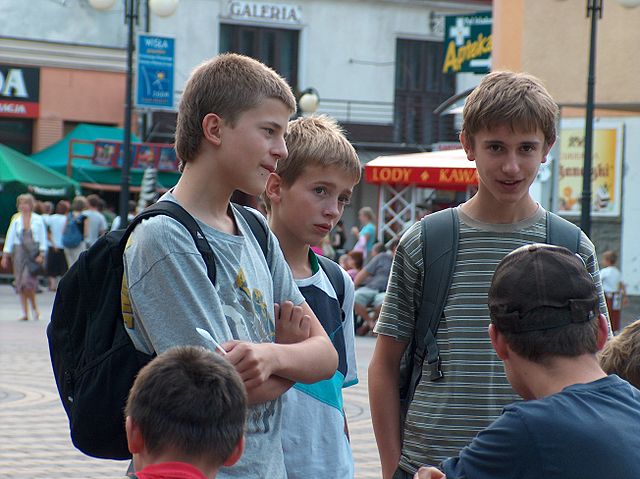
BY KAMILA OLSZEWSKA
About 8 million people in Poland are struggling with mental health problems, according to research done in 2020 by EZOP, and research done by UNICEF in 2021 found that only 11% of teenagers are diagnosed with mental health issues, which leaves many issues undiagnosed.
Teenagers who require immediate healthcare are often forced to sleep on the hospital floor because of the lack of space. The COVID-19 Pandemic did not help the situation. Due to pandemic restrictions, hospitalized people were not allowed to see their friends and families.
“I’ve been there for over five months, and the only moment when I could see my family is when they came to the window in the dining hall to wave at me from behind the bars,” a patient hospitalized in 2021 said. “How am I supposed to get better when my doctor has 10 other patients and doesn’t even have time to talk to me?”
Shortcomings in the medical staff are a huge problem in the mental health unit in Poland. Parents with children in the hospital are concerned about their treatment but struggle to get answers when doctors don’t have time to talk to them. One parent with a hospitalized child expressed this concern, saying “We can’t communicate with our child’s doctor!”
Danuta Wieczorkiewicz, president and founder of the Zobacz…JESTEM foundation – an organization helping young people with mental health issues – recognizes the situation in Poland.
“Poland is currently ranked 2nd in Europe in terms of suicides committed by children and adolescents,” Wieczorkiewicz said. “In 2021, as many as 115 people between the ages of six and 18 took their lives, and it is estimated that there are 200 times more suicide attempts. 4% of children in kindergarten, 8% in primary school, and over 20% of teens suffer from depression in Poland, and that’s just the tip of the trouble with mental health.”
According to Wieczorkiewicz, there are only 494 child psychiatrists across the country, which worsens the situation when combined with the “poor availability of other care systems, such as psychological care, family support centers and crisis intervention centers – anything that may help a child in a mental crisis.”
Wieczorkiewicz founded Zobacz…JESTEM in 2013 with the goals of helping children, teens and young adults work with their mental health and supporting the families of the foundation’s patients. The foundation aims to promote mental health awareness.
“Currently, our youngest patient is eight years old, and our youngest patient suffering from an eating disorder is just 10 years old,” Wieczorkiewicz said. “We accept kids this age sporadically because we are not an institution specializing in this age group. We accept such young people most often only because they can’t receive help in other places.”
There are still many young people, who have to deal with their problems on their own, since the law states that, without parental consent, patients can only start therapy after the age of 18.






